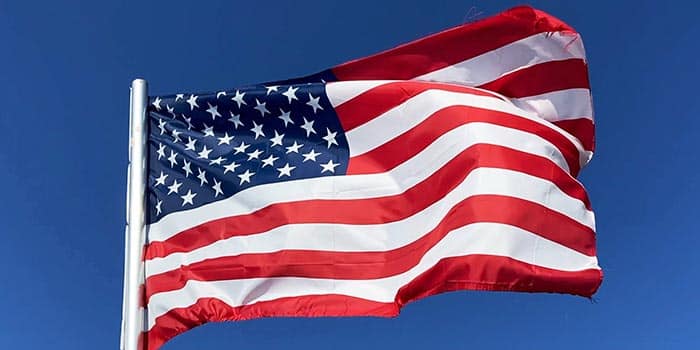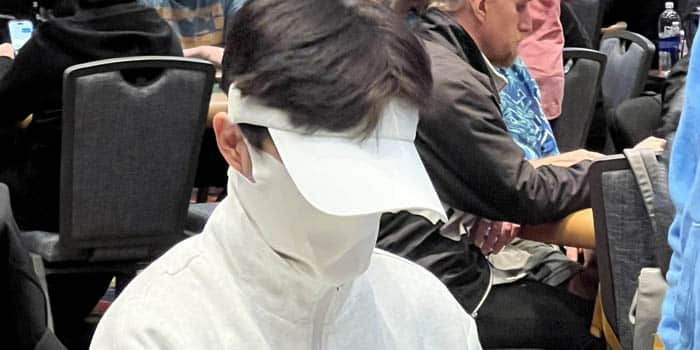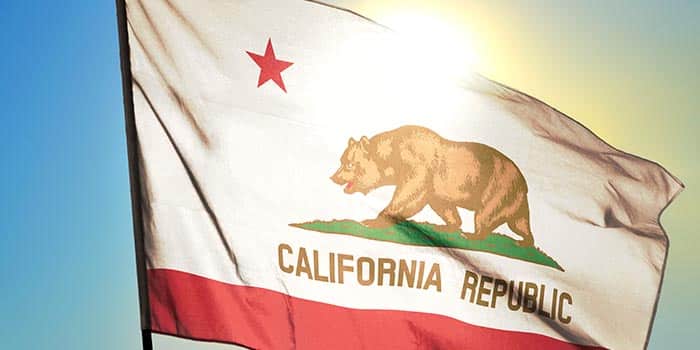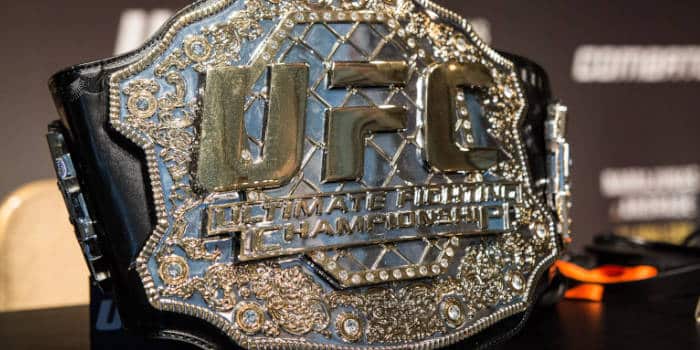- Casino
- By State
- Alabama
- Alaska
- Arizona
- Arkansas
- California
- Colorado
- Connecticut
- Delaware
- Georgia
- Florida
- Hawaii
- Idaho
- Illinois
- Indiana
- Iowa
- Kansas
- Kentucky
- Louisiana
- Maine
- Massachusetts
- Maryland
- Michigan
- Minnesota
- Mississippi
- Missouri
- Montana
- Nebraska
- Nevada
- New Hampshire
- New Jersey
- New Mexico
- New York
- North Carolina
- North Dakota
- Ohio
- Oklahoma
- Oregon
- Pennsylvania
- Rhode Island
- South Carolina
- South Dakota
- Tennessee
- Texas
- Utah
- Vermont
- Virginia
- Washington
- West Virginia
- Wisconsin
- Wyoming
- By State
- Slots
- Poker
- Sports
- Esports
Fact-checked by Angel Hristov
Prediction Markets Grapple with Rising Scrutiny in the USA
Skeptics argue that popular platforms like Kalshi and Robinhood aim to circumvent gambling-related restrictions by presenting their products as financial instruments

Prediction markets are at the epicenter of a growing debate as regulators and industry stakeholders clash over classification and oversight. The American Gaming Association (AGA) has publicly opposed this practice, filing a formal letter to the Commodities Futures Trading Commission (CFTC) on Thursday. AGA requests to join next month’s Washington, D.C. roundtable discussion on sports prediction markets, arguing that sports event futures threaten to undermine regulated sportsbooks.
Federal Regulation Could Create Unintended Loopholes
The AGA’s letter, addressed to CFTC acting chair Caroline Pham and agency commissioners, highlights the association’s concerns that companies like Crypto.com and Kalshi are effectively operating gambling businesses under the guise of financial instruments. By remaining federally regulated rather than by individual states, these platforms could evade local taxation, consumer protections, and responsible gaming safeguards.
We believe these sports events contracts are problematic for a variety of public policy reasons.
AGA statement
Sports wagering operators demand representation in the upcoming roundtable, arguing that sports futures trading must fall under the jurisdiction of state regulators rather than the CFTC. In New Mexico and California, where gambling is primarily limited to tribal operations, federally regulated prediction markets could bypass historically existing compacts granting Native American tribes monopoly gaming rights.
While prediction markets have existed for decades, their recent foray into sports betting has drawn substantial scrutiny. Kalshi made headlines last year for its election betting options and achieved impressive success during the Super Bowl. Crypto.com also launched live sports futures trades, while controversial platform Robinhood plans a market return later this year.
A Compromise Is Not Impossible
Regulatory concerns extend beyond the industry itself. Nevada congresswoman Dina Titus joined the debate, also writing to the CFTC to argue against the legalization of sports prediction markets. Her letter warns that a lack of federal-level safeguards could create a backdoor for companies to legally offer sports betting in states that have not authorized it.
Authorizing sports contracts nationally via prediction markets would not include state requirements for consumer protections, responsible gaming, tax revenue, integrity safeguards, and anti-money laundering compliance.
Dina Titus
Despite mounting opposition, not all operators share AGA and Titus’ concerns. Some sports betting companies remain open to integrating futures trading into their offerings, provided local regulators eventually give the green light. This development could create a future scenario where sportsbooks and fintech firms could merge their models to foster hybrid betting platforms.
With mounting pressure from industry leaders, lawmakers, and tribal interests, the future of US sports prediction markets hangs in the balance. The upcoming CFTC roundtable could be the tipping point as to whether or not prediction markets will be classified as financial instruments or gambling operations, deciding their future within the US.
Related Topics:
Deyan is an experienced writer, analyst, and seeker of forbidden lore. He has approximate knowledge about many things, which he is always willing to apply when researching and preparing his articles. With a degree in Copy-editing and Proofreading, Deyan is able to ensure that his work writing for Gambling News is always up to scratch.
Must Read
More Articles



Casino
July 8, 2025
WinStar Casino Shooting Suspect Still Missing

Industry
July 8, 2025
Trump’s Gambling Tax Cap Draws Divided Opinions















